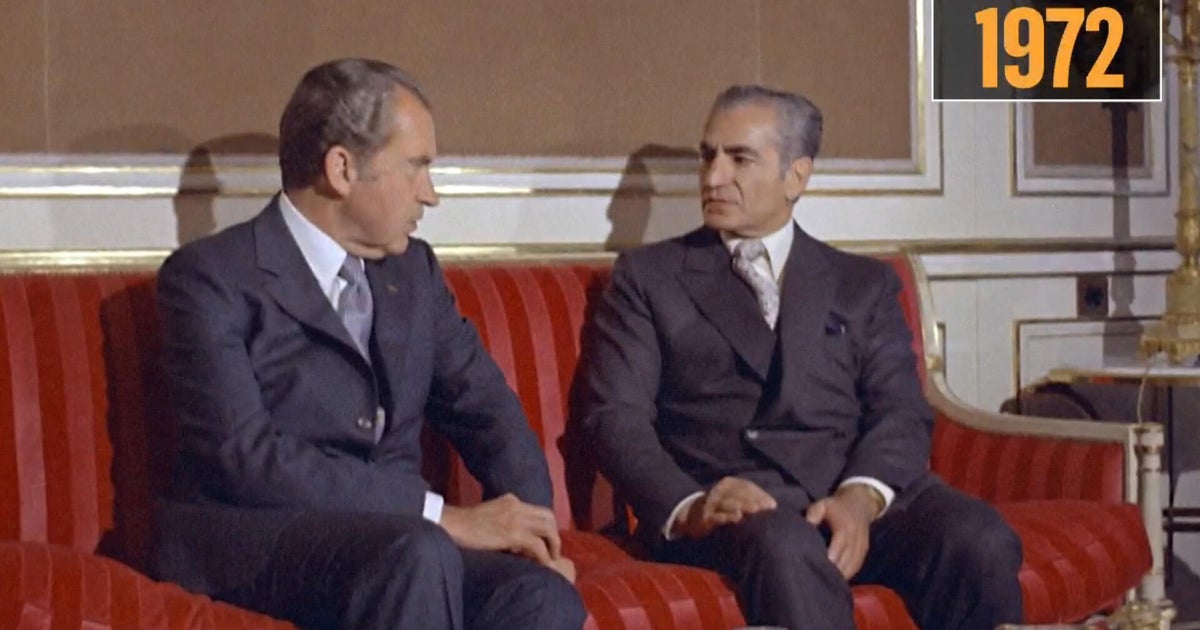ADVERTISEMENT
Israel has blasted the EU-Israel Association Agreement (EUSR) review, saying “this report and its conclusions should not be taken seriously or used as a basis for any future actions or conversations”, in a letter from the country's foreign ministry to the EU seen by Euronews.
”Decency would dictate addressing the report’s shortcomings and dismissing it in its entirety,” the letter, sent to the Commission and External Action Service, concludes.
The EU-Israel Association Agreement review released on Friday said that Israel's actions in the Gaza Strip indicate a breach of the human rights provisions contained in its Association Agreement with the European Union. The issue is set to be considered by foreign ministers meeting on Monday.
Citing a collection of findings by independent international organisations, the highly anticipated review from the bloc's diplomatic service said it found "indications" that Israel breached its human rights obligations with actions in Gaza.
The breach stems from Israel's offensive on Gaza and the stringent conditions applied to the deliveries of humanitarian aid, which have stoked fears of widespread famine among Palestinians living in the densely populated enclave.
In the letter seen by Euronews, the Israeli foreign ministry expressed its “astonishment” that the report disregarded “our detailed response to the questions submitted to us”.
The letter starts with a presentation of what it calls “the strategic reality Israel is facing”, detailing how it is “fighting a war on seven fronts.”
“It is against this backdrop – Israel’s combat with a host of brutal enemies - that the EUSR was tasked with doing a ‘rush job’, compiling a biased and extremely one-sided summary of many anti-Israeli voices and documents into a so-called ‘honest report’ for the Member States of the EU,” the letter states.
The Israeli foreign ministry letter focuses on what it calls “two failures” of the EUSR report, claiming that it “fails to take into account the context” and “crucial facts” the October 7 attacks followed by “the ongoing attempt by Iran and its proxies to bring about the annihilation of the Jewish state”.
“A report that opens with an admission that it lacks the ability to verify its own statements, or even the mandate to address the numerous terror attacks by Palestinians against Israel, cannot be taken seriously,” the letter says.
The letter claims that the EUSR report “fails morally” by neglecting to address any damage inflicted on Israeli civilians” by Hamas’ control of the Gaza strip and its actions against Israelis, including what it calls “the proven complicity of UN bodies such as UNRWA.”
“The report aims to deny Israel’s right to defend itself against terrorism. It does not cite any of the many positive actions undertaken by Israel in the humanitarian field and neglects to mention the continuous refusal by Hamas of a US-brokered hostage deal (the ‘Witkoff Proposal’) which Israel has agreed to,” the letter says.
Secondly, the Israeli foreign ministry letter claims that the EUSR report also “fails methodologically”.
No opportunity to defend itself, Israel claims
“Israel was not given an opportunity to defend itself against the extreme accusations mounted on it. Regretfully, even a person facing dismissal from a job, receives more leeway to state his or her case, than the complete disregard the EUSR has shown toward the objective facts and evidence of the State of Israel," the letter claims.
The EUSR did not adhere to due process, it alleges, choosing not to engage Israel in dialogue over the report. The EUSR also did not allow Israeli information to be included in the report; and in fact, even when Israel thoroughly detailed its position in communication– offering detailed answers on several topics - the information presented was neither added nor addressed in the report,” the letter states.
The letter insists on “Israel's Compliance with International Law”, and claims that “a simple dialogue with Israeli authorities could have made these facts clear. Israel is a democratic state abiding by IHL and international law, while fighting to survive in a region void of democracy and full of terrorism and radicalism. Its actions should be judged fairly and honestly, a process at which the report in question has failed.”
“Throughout the war against Hamas, Israel has facilitated the transfer of large quantities of humanitarian aid into Gaza, even under fire,” the letter says in response to the EUSR report, which speaks about the blockade of humanitarian assistance, military strikes against hospitals, the forced displacement of the Palestinian population, mass arrests, arbitrary detentions, the expansion of settlements, which are illegal under international law, in the Occupied Territories, and the violence committed by settlers.
According to the EUSR report, the violations are described as numerous and serious.
The internal review exercise was launched last month at the request of 17 countries, led by the Netherlands, to determine whether Israel was still complying with Article 2 of the Association Agreement, which states bilateral relations "shall be based on respect for human rights and democratic principles, which guides their internal and international policy and constitutes an essential element of this agreement".
The Israeli foreign ministry response concludes that the EUSR report “is absurd and reflects an unprecedented process directed at a democratic state in the midst of war,” and that it “completely ignores the circumstances, as well as the substantive comments and responses provided by Israel.”
The stern response by Israel’s foreign ministry appears to echo the statements made by Israel’s ambassador to the EU and NATO Haim Regev, on Thursday 19 June.
In an interview with Euronews, ambassador Regev was clear and firm about his government’s current interactions with the European Union on the crisis with Iran and about Israel’s actions in Gaza, saying “we hear different tones, but at the end of the road we see and we feel the support.”
The Israeli government has “a continuous and intensive interaction” with the top EU institutions in Brussels, but “of course it is complicated when it comes to have one position in the Union composed of 27 member states,” the Israeli diplomat said.
“There is a war right now and Israel is actually leading this war against Iran, that this is the war also for the benefit, for the long run of Europe. So this is not the time right now to examine or to push things or to try to put obstacles in the Israel-EU relations," Regev concluded.
The Commission and External Action Service have been approached for comment.

 5 hours ago
3
5 hours ago
3









